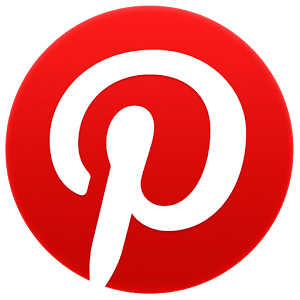 Last week Pinterest announced that it will be removing all affiliate links, redirects, and trackers from pins on its site, effectively ensuring that affiliate won’t be able to make money through the popular social media platform. The pins to which these links were attached will remain, just without the special affiliate links that make tracking (and payment) possible.
Last week Pinterest announced that it will be removing all affiliate links, redirects, and trackers from pins on its site, effectively ensuring that affiliate won’t be able to make money through the popular social media platform. The pins to which these links were attached will remain, just without the special affiliate links that make tracking (and payment) possible.
Here’s the official statement issued by Pinterest:
We are removing affiliate links to ensure we’re providing the best possible experience for Pinners. Recently, we observed affiliate links and redirects causing irrelevant Pins in feeds, broken links and other spammy behavior. We believe this change will enable us to keep the high bar of relevancy and quality Pinners expect from Pinterest.
This is bad news for affiliates who were using Pinterest to refer customers to merchants and earn commissions. They will likely have to retool their strategies, either sending people on Pinterest back to their own sites or shifting to a completely different channel altogether.
This isn’t necessarily bad news for merchants, however, because it comes at a time when Pinterest is actively trying to monetize and rolling out new ways for businesses to promote their products on the site. Pinterest introduced Promoted Pins to select brands last year, allowing them to place pins in people’s feeds.
And, rumor has it, Pinterest will roll out a buy button as early as this year. The buy button would allow Pinterest users to order and pay for items they discover on the site directly from Pinterest. It’s unclear exactly how the buy button will work, but it could open the door to some sort of direct affiliate relationship in which merchants pay pinterest a commission on orders that come in through the buy button. All of this is good news to merchants whose products perform well on the site.
Over the last few years Pinterest has transformed itself into an e-commerce powerhouse. It now has seventy million users who generate 2.5 billion monthly pageviews. Not only that, but it has proven itself particularly adept at selling. Pinterest now generates over 400 percent more revenue per click than Twitter and 27 percent more than Facebook. A buy button could potentially send these numbers through the roof.
Regardless of how it fits into the affiliate program, Pinterest is definitely a site that e-commerce sites need to consider incorporating into their digital marketing strategies. If your products aren’t showing up as pins, you could be missing a huge opportunity.
This article was syndicated from Business 2 Community: Pinterest Pulls the Pin on Affiliate Marketing
More Digital & Social articles from Business 2 Community:




